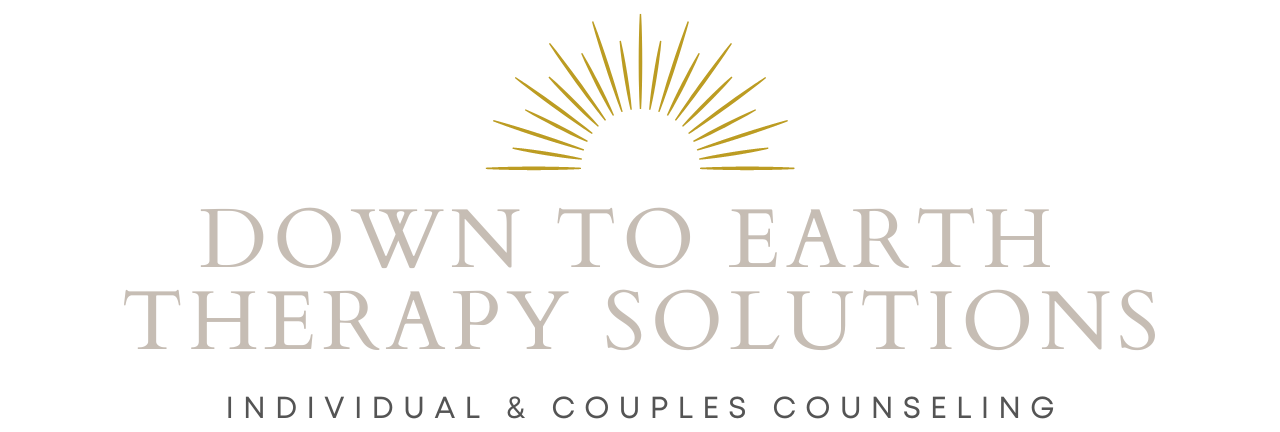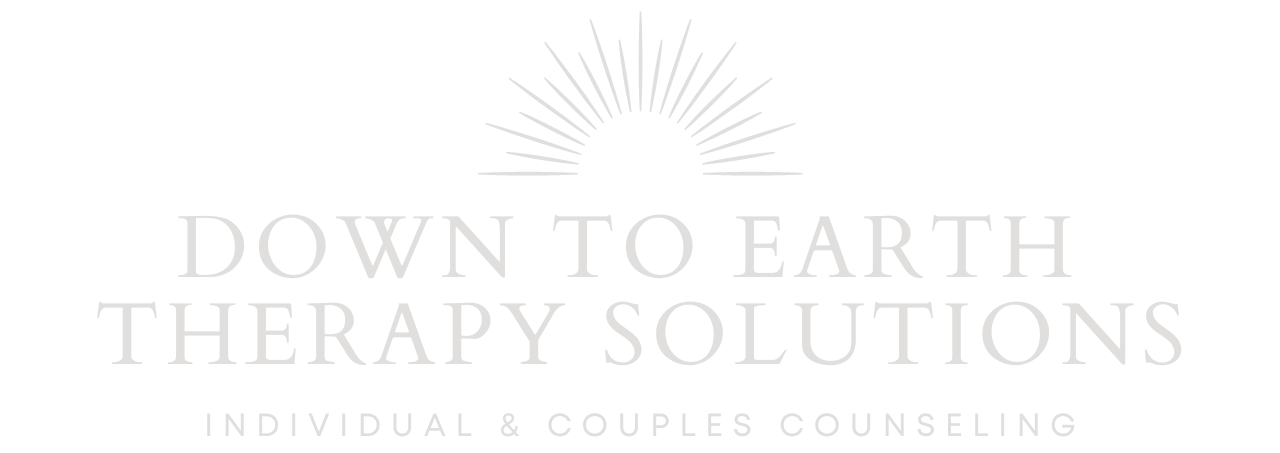In a world where conversations about mental health are becoming increasingly accepted, the notion of seeking therapy has evolved from a last-ditch effort for those in crisis to a more proactive step toward overall well-being and peace. Therapy is no longer considered a dirty word that we avoid mentioning. Even though these things are becoming more accepted, many individuals still carry misconceptions or myths about who “qualifies” or “deserves” therapy. The important thing to know is: THERAPY IS FOR EVERYONE regardless of their history, backstory, or diagnosis (or lack thereof).
Therapy, in its simplest form, is a dedicated time and space for a deeper look into your innermost processes. It’s an opportunity to explore your thoughts, feelings, and behaviors in a safe and non-judgmental space where you’re afforded freedom for your own personal growth. You don’t have to be at rock bottom or have received a dire and serious diagnosis to start therapy. Therapy isn’t solely for when someone is in immediate crisis. There are therapies that address this, but not all have this as a primary focus. Remember, therapy is no longer considered a dirty word but a valuable resource for everyone.
Think of therapy like a tool in your toolbox to build a house. A toolbox is filled with all kinds of tools to get different jobs done: a screwdriver, nails, hammer, wrench, etc. When we think about a therapy toolbox, it is filled with skills, interventions, and strategies to help promote mental and emotional well-being. You can’t build an entire house with just one hammer; you need other tools. The same thing applies to us as people. We need multiple tactics and tools to address day-to-day things. Starting therapy is a proactive approach to adding tools to your toolbox for when you need to use them. This can be for understanding yourself better, improving your current relationships, managing stress, or just working on being overall satisfied in your day-to-day life.
Dispelling Myths
Dispelling any myths you have about therapy is a first step toward taking the leap. Many people have misbeliefs about what therapy is and who it is for, and it’s difficult to get past that. Therapy is no longer considered a dirty word, so it’s important to address these misconceptions head-on.
A common myth about therapy is that it’s only for someone that’s truly “crazy.” “Crazy” is a strong word, and so is “only.” Therapy can be utilized for someone who has a mental health diagnosis and is struggling with managing symptoms related to their diagnosis. Therapy is also for someone who just had a bad breakup and doesn’t meet criteria for a mental health diagnosis. It can be for someone who got a new job and is scared of the new responsibilities, or someone deciding to move across the globe, or someone who is looking to better themselves or understand why they engage in the same behavioral patterns. Therapy welcomes anyone who is seeking to do the work to change and should be tailored to you and your unique needs in this moment.
A secondary myth is that therapy is a luxury and only for those in a higher financial bracket. Financial considerations can be a factor for most; however, there are options out there for all. Some providers are self-pay only, some take major health insurance plans, and others can offer sliding scales. There are options that can be explored along the way, making it easier now than ever before to access mental health services, some even in the privacy of your own home with telehealth services. The options can be limitless and finding a provider might feel out of reach, but it’s closer than you think. And this is a long-term investment in yourself. Therapy is no longer considered a dirty word, and it’s important to recognize its accessibility.
The Power of Self-Investment
Investing in therapy and finding a good fit between you and a provider is like investing in the stock market. You want to invest in something that will not only give you your initial investment back but give more. Therapy is like that. You’re going to get out of it what you put in and can get back much more. Unlike investing in stocks, where you just sit back and wait, investing in yourself takes time and effort. Change is hard, and taking the steps toward proactively understanding the patterns in your thinking and behavior, learning ways to cope and soothe, communicating effectively with yourself and others, and building on your strengths can be daunting, especially by yourself. Therapy can help as a guide to focusing on what can help increase your initial startup investment.
When you take the steps early in therapy, you’re preventing longer patterns of thinking and experiencing that can be harder to change the further you go. It’s like seeing a doctor when you first notice a fever. You go so that things don’t progress and get worse, and you’re not left asking, “Why didn’t I go sooner?” Early management can be key to working through and strengthening your resiliency factors in multiple situations and scenarios. Therapy is no longer considered a dirty word, and starting early can make a significant difference.
Embracing Your Journey
Regardless of why you are thinking about exploring your inner world, therapy will welcome you with open arms. Whether it’s to process a life transition, seek a space to feel heard, explore your emotions, or seek symptom reduction, this will be an experience that will be unique to you. There are no prerequisites needed to seek consultation or your first session. All you need is a first step. Embrace an opportunity and a tool that can help you on your journey of building a house (i.e., yourself). Therapy is a journey fit for anyone who is ready to take a leap in self-exploration. No matter what your story is, it’s your story, and it deserves to be told. Sometimes you need another person to be there and listen so that you feel heard. Therapy is no longer considered a dirty word, and it’s a powerful step toward understanding and improving yourself.




